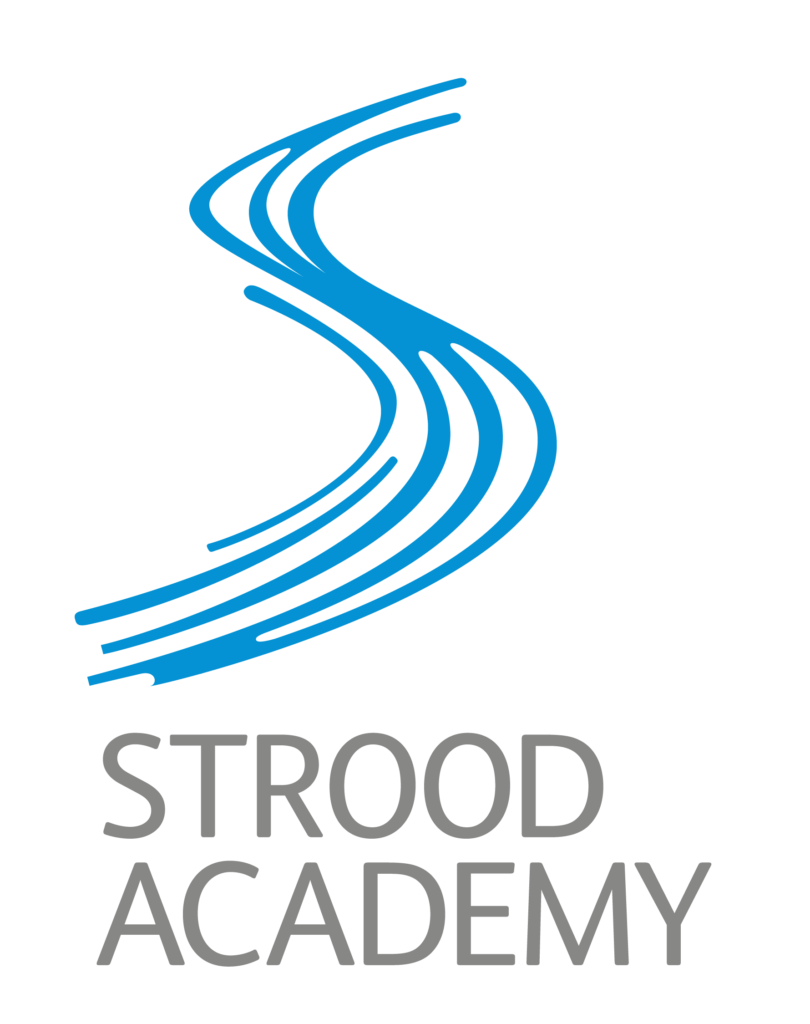Schedule of learning
- Module 1: Romans (Criteria A and D)
- Module 2: The Norman Conquest (Criteria B and C)
- Module 3: The King vs. The Church (Criteria A, C and D)
- Module 4: Late Medieval – The Black Death and Peasants’ Revolt (Criteria B and C)
- Module 5: Reformation of the Church (Criteria A and D)
- Module 6: Elizabethan Culture (Criteria A, C and D)


